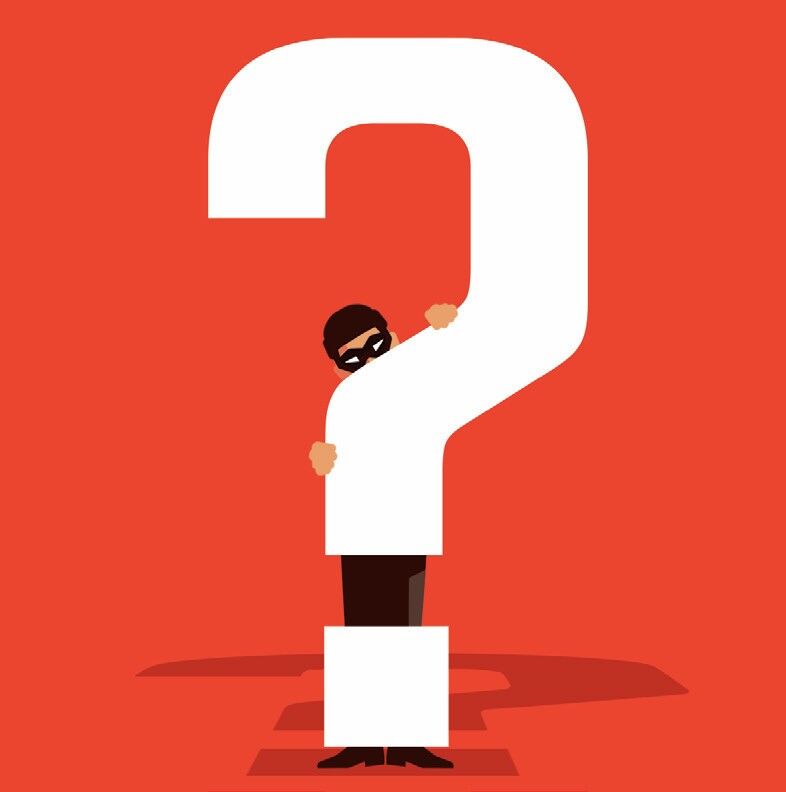Your Money: Fraud Watch
OUR EXPERTS ANSWER YOUR FRAUD QUESTIONS
AARP anti-scam advisers offer some timely advice

On any given weekday, 300 to 400 people call the AARP Fraud Watch Network Helpline to talk with our volunteers. (You can, too, when fraud concerns arise: Call 877-908-3360 between 8 a.m. and 8 p.m. ET.) Americans reach out because of an encounter with a crook or out of concern that they or a friend or family member is being targeted by a scam. Trained AARP volunteers do what they can to provide the best answers for those concerns, sometimes referring people to law enforcement agencies, other times giving them useful advice.
Here are some recent inquiries that represent the range of frauds being perpetrated right now. You might find a concern of yours addressed here.
I lost money in a cryptocurrency scam. Can I get any of it back?
Recoveries aren’t common. Still, if you lost money in a crypto scam, immediately submit a report to the FBI Internet Crime Complaint Center (IC3) at ic3.gov or contact your local FBI field office and provide as much transaction information as possible. Be wary of anyone claiming they can recover your funds who is not verified as law enforcement. This may be another scam.
Someone I care for is involved in an elaborate romance scam but won’t believe his phony paramour is a crook. How can I convince him?
The blunt truth is you might not be able to break the spell. It’s similar to trying to help someone with addiction. Here are some things that we recommend: Enlist help from a trusted source (police, attorney, doctor, other friends or family). Consider writing a letter instead of speaking in person. This might help keep emotions in check. Share videos and news articles about romance scams. It might help your friend to see he is not alone in dealing with a predatory fake lover. Ask him to consider family or individual counseling. Also, if you have what you consider legitimate evidence of a fraud, report it to police.
Someone stole my wallet. It had everything in it. What do I do?
Although much identity theft has shifted online, there’s still no shortage of criminals who covet a card-filled wallet. First steps include calling all your financial institutions and telling them that your accounts are compromised; most will close your account immediately and transfer all assets or liabilities to a new one. Alert your state DMV if you had a driver’s license (it will likely issue you a new one), and alert your health insurer, whether it’s private or Medicare. You should also file a police report to document the case. Next, put a fraud alert on your credit report to stop anyone from getting a credit card in your name. Consider setting up an Identity Protection PIN at irs.gov to prevent someone from getting through to your account and impersonating you. Find help with all these steps at identitytheft.gov.
I keep receiving packages I didn’t order. What should I do so I won’t be billed?
The U.S. Postal Service (USPS) website says that many people simply pay for the item. But you don’t have to. If you have not opened the package, mark it “Return to Sender.” USPS will send it back at no charge to you. If you open the package and like what you find, keep it—free. This is a rare instance when “finders, keepers” applies, USPS notes. “By law, unsolicited merchandise is yours to keep.” Why does it happen? It might be a scam called “brushing.” The intention is to create a record of a verified buyer. Then the sender will write a fake review in your name. “These fake reviews help to fraudulently ... inflate the products’ ratings and sales numbers,” says the U.S. Postal Inspection Service website. This can result in increased sales.
My wife is getting calls supposedly from Medicare. They ask for her personal information so they can replace her card. I just want to know if this is a scam.
Yes, it is 100 percent a scam. Medicare will never call you uninvited and ask you to give personal or private information. Medicare fraud is big business, and you want to protect your number as you would any other personal or financial information. If you suspect a criminal has your Medicare number, call 1-800-MEDICARE and watch your Medicare summary notices to ensure no one has charged items to your number without your permission.
My husband got an email from someone claiming to be with AARP, stating that he could fill out a survey to get a prize.
In the past year, there has been an increase in the amount of reports to the AARP Fraud Watch Network Helpline about scammers posing as AARP. This is not surprising because AARP is viewed as trustworthy. It’s important to remember that AARP will never contact you unsolicited asking for personal or financial information. If you ever have a doubt, call the helpline at 877-908-3360.
Amy Nofziger is the director of victim support for the AARP Fraud Watch Network. Mark Fetterhoff is a senior adviser with the network.
Have questions related to scams? Call the AARP Fraud Watch Network Helpline toll-free at 877-908-3360. For the latest fraud news and advice, go to aarp.org/fraudwatchnetwork.